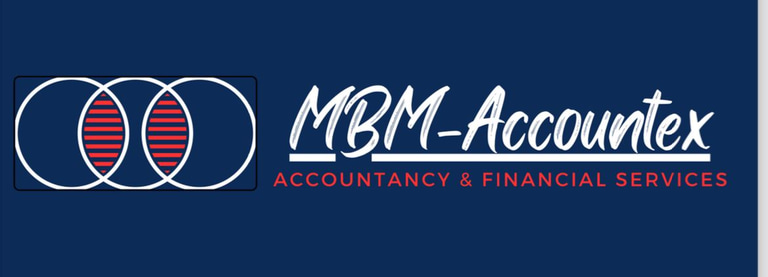Accounting | Bookkeeping | Corporation Tax | Company Formations | PAYE | CIS | Sole Traders | Landlords | Capital & Crypto gains Tax | Mortgages
Companies House UK's New ID Check Rules for Directors and Shareholders & close of joint filling system.
5/27/20252 min read


Introduction to Companies House UK Regulations
In the realm of corporate governance, compliance with regulatory bodies is paramount. Companies House, the government agency responsible for overseeing company registrations in the UK, has recently announced significant updates regarding the identification checks for directors and shareholders of limited companies. These changes are designed to enhance transparency and prevent fraud within the corporate sector.
The Rationale Behind ID Checks
The primary aim of these new ID check rules is to improve the integrity of company information and increase the trustworthiness of registered companies. By ensuring that all directors and shareholders undergo thorough identity verification, Companies House seeks to mitigate risks associated with identity theft and the misuse of corporate structures for illicit purposes. This move aligns with a global trend towards stricter compliance measures in business operations.
New Requirements for Directors and Shareholders
Under the revised regulations, all directors and shareholders of limited companies must provide valid identification and proof of address. The accepted forms of ID include passport or driving license copies, coupled with a recent utility bill or bank statement displaying the individual’s name and residence. This comprehensive check is essential for confirming the identities of all individuals involved in the company’s leadership.
Close of joint filing system:
If you run a limited company, HMRC is changing the way you can submit your tax return from 2026.
From 31 March 2026, HMRC and Companies House will close their joint online filing service which lets small business owners file their annual accounts and company tax returns at the same time.
HMRC and Companies House are closing the service as it no longer ‘meets modern digital standards’. This is because of changes to UK company law and technological updates which the service doesn’t meet.
This is set to affect private limited companies who are required to submit company tax returns. From 1 April 2026, these business owners will need to submit their tax return and accounts using third-party commercial software.
The closure comes at the same time as another big change for limited company owners – with a recent Economic Crime and Corporate Transparency Act update requiring identity verification on Companies House from autumn 2025.
What small business owners need to do next
If you use this service to file your tax return and company accounts, you’ll need to switch to a third-party commercial software before the planned closure. The software you choose will need to work with both Companies House and HMRC, as you’ll no longer be able to submit these at the same time.
While HMRC’s free online filing tool made filing both company accounts and tax returns at the same time possible, the move to third-party commercial software has its benefits. Choosing a commercial software can offer improved validation, tax support, and submission reminders.
From the next tax year, you’ll need to submit the following to HMRC using third-party software:
CT600
CT computation
company accounts
You’ll also need to continue filing your annual accounts with Companies House.
How MBM-accountex can help your Business with these changes:
In light of these changes, MBM-accountex is offering its existing and new clients a complimentary subscription to HMRC-recognised bookkeeping software, ensuring a smooth transition. This benefit not only facilitates compliance with the new regulations but also streamlines the setup and ongoing management of their business finances.
Contacts:
Email: Hello@mbm-accountex.com
MOB: 07448424331 Mainline: 02034322231
Find us on social:
Subscribe to our newsletter:
Luton
Slough
Innovation centre & Business base point, 110 Butterfield, Great Marlings, Luton, LU2 8DL
Spaces, The Porter Building,1 Brunel Way, Slough, Berkshire, SL1 1FQ
182-184 High Street North
East Ham, London
E6 2JA
London
